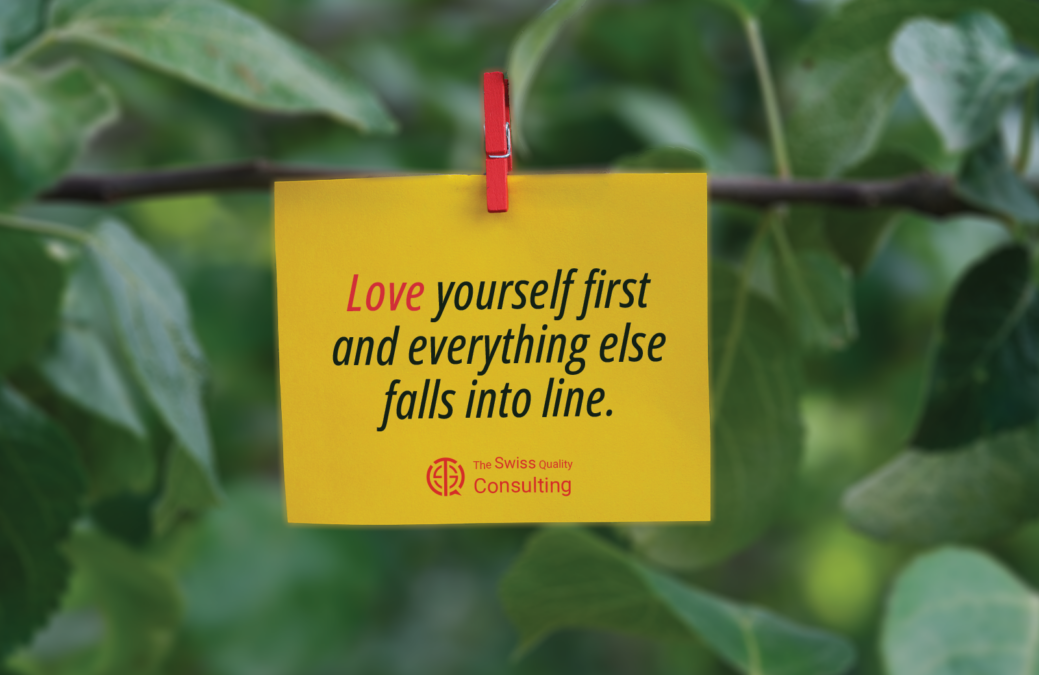The Power of Self-Love: A Universal Path to Happiness
“Love yourself first and everything else falls into line.” These words, often attributed to Lucille Ball, encapsulate a profound truth that transcends cultural, religious, or ideological boundaries. Self-love is a fundamental aspect of our well-being, and it plays a pivotal role in shaping our relationships, our choices, and our overall happiness.
The concept of self-love is not tied to any specific set of values or beliefs but is universally recognized as essential for personal growth and contentment. It’s about nurturing a positive relationship with oneself, acknowledging one’s worth, and treating oneself with kindness and compassion. In a world that often places enormous pressure on individuals to conform to external standards and expectations, practicing self-love is a radical act of self-care.
In many spiritual and philosophical traditions, self-love is akin to self-compassion and self-acceptance. Buddhism, for instance, teaches the importance of cultivating loving-kindness, including extending it to oneself. In Christianity, the commandment to “love your neighbor as yourself” implies that self-love is a prerequisite for extending love to others. In Islam, self-compassion aligns with the concept of “self-care,” encouraging believers to prioritize their physical and emotional well-being.
Embracing self-love has tangible benefits for our mental, emotional, and physical health. It helps boost self-esteem and self-confidence, enabling individuals to navigate life’s challenges with resilience. When we love and accept ourselves, we are better equipped to set healthy boundaries, make choices that align with our values, and form healthier relationships.
Moreover, self-love is the foundation for healthy self-care practices. It’s about recognizing that taking care of one’s physical and emotional needs is not selfish but necessary for a fulfilling life. This includes practicing self-compassion during difficult times and seeking help when needed, whether from friends, family, or mental health professionals.
In today’s fast-paced world, the importance of self-love cannot be overstated. The pressure to achieve external success, meet societal standards, and constantly compare ourselves to others can take a toll on our self-esteem and well-being. In such an environment, practicing self-love becomes a radical act of self-preservation.
It’s important to note that self-love does not mean arrogance, narcissism, or an absence of humility. Rather, it’s about recognizing our inherent worth as human beings, regardless of our achievements or shortcomings. It’s acknowledging that we are deserving of love, respect, and kindness simply because we exist.
Self-love also plays a crucial role in fostering healthy relationships with others. When we love ourselves, we are more likely to form connections based on mutual respect and genuine care. It allows us to communicate our needs and boundaries effectively and to be more empathetic and understanding towards others. In essence, self-love is the cornerstone of building loving and fulfilling relationships with others.
The quote “Love yourself first and everything else falls into line” serves as a universal reminder of the profound importance of self-love in our lives. It is a concept that transcends cultural, religious, and ideological boundaries, offering a path to personal growth, happiness, and healthier relationships. By practicing self-love, we empower ourselves to navigate life’s challenges with grace, to prioritize our well-being, and to build more meaningful connections with others.
#SelfLove #SelfCare #SelfAcceptance #MentalHealth #HealthyRelationships






















